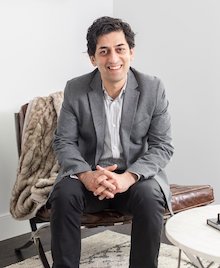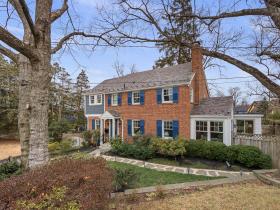 Beyond LEED Platinum: The Enormous Ambition of Capitol Crossing
Beyond LEED Platinum: The Enormous Ambition of Capitol Crossing
✉️ Want to forward this article? Click here.
The Capitol Crossing development can claim a lot of firsts, including being the first infill project of its magnitude in the District to create the land that it will sit on and also the first urban tunnel development in the country post-9/11. But could it also be the first development in the country to make LEED certification seem obsolete?
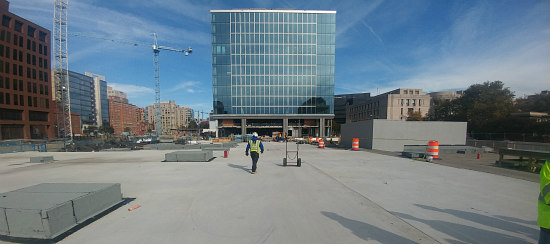
When complete, Capitol Crossing will be an over two million square-foot development primarily constructed via the creation of a deck above the I-395 on-ramp at the intersections of Massachusetts Avenue, 2nd Street and E Street NW (map). The development will deliver over 1.9 million square feet of office space, 180,000 square feet of residences and 85,000 square feet of retail, including restaurateur Danny Meyer's first Union Square Cafe location outside of New York. A four-level below-grade garage will accommodate 1,150 vehicles and will contain 100 car-charging stations on each floor.
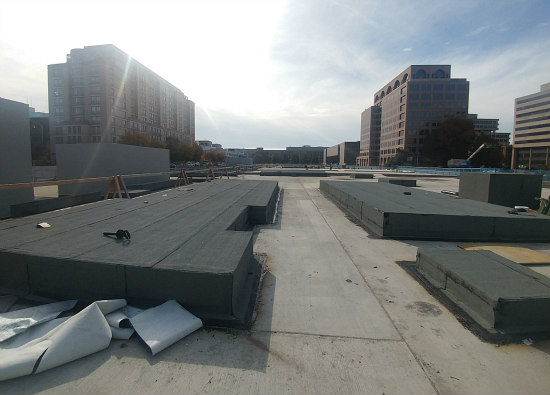
The US Green Building Council (USGBC) administers the Leadership in Energy and Environmental Design (LEED) program, a popular building industry standard that acknowledges and awards various levels of LEED status to projects based on the number of points that development accrues from incorporating green construction and operational methods.
Property Group Partners (PGP) is helming the Capitol Crossing development and has an impressive track record in green design, having built the District's first LEED Gold and LEED Platinum office buildings in 2004 and 2007 respectively. Similarly, all of the buildings at Capitol Crossing will be certified LEED Platinum, however, PGP Vice President Sean Cahill says that this is more a matter of concession than accuracy, as several sustainable elements that will revert back to the city upon completion will go unaccounted for. It is for this reason that PGP is billing the development as "beyond LEED Platinum".
"USGBC, for the last 12 years, has not been able to get their head around this one," Cahill explained while leading a hard-hat tour through the construction site this weekend. "We've got a lot more in this development than just efficient buildings and LEED requirements."
He is referring to the $300 million the company spent toward infrastructural work that will benefit the city, including extensive structural shoring up of the existing 395 tunnels and a system to improve the fire and life safety in those tunnels.
"If [USGBC doesn't] have a box on the card that you can check, then you don't get the point," Cahill continued. "We have 30 or 40 different boxes that they never thought of, so they've got to come of age because other cities are looking to do this. New York has been doing this for years." PGP offered USGBC the opportunity to cooperate with them on the development as a pilot program to expand their understanding of how far sustainability could go, but USGBC declined to do so.
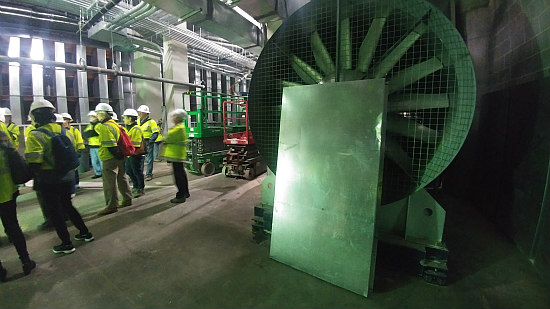
One of 16 emergency fans for the I-395 tunnel.
Some of the energy-efficient elements that USGBC is not counting include carbon-infused concrete, a high-powered cogeneration plant, the cisterns collecting and filtering the ground- and rainwater on-site to be cycled through the rooftop cooling towers, and several items that will eventually belong to the city, including bridges at F and G Streets and 16 fans along the I-395 tunnel that the District Department of Transportation (DDOT) requested and which will activate in case of fire and smoke emergencies.
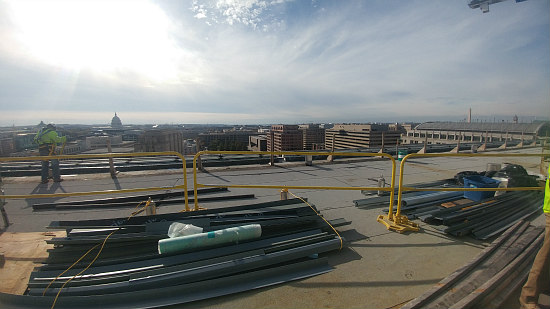
The first building to deliver at Capitol Crossing will be the office building at 200 Massachusetts Avenue NW that will deliver in March 2018, with the building at 250 Massachusetts delivering next in late 2019. Both are designed by Kevin Roche; the center block of the development is designed by Beyer Blinder Belle and David Childs of SOM LLP. The south block of the development is designed by Kohn Pedersen Fox.
See other articles related to: capitol crossing, leed, leed platinum, property group partners
This article originally published at https://dc.urbanturf.com/articles/blog/beyond-leed-platinum-the-enormous-ambition-of-capitol-crossing/13220.
Most Popular... This Week • Last 30 Days • Ever

Today, UrbanTurf is taking a look at the tax benefits associated with buying a home t... read »

Lincoln-Westmoreland Housing is moving forward with plans to replace an aging Shaw af... read »
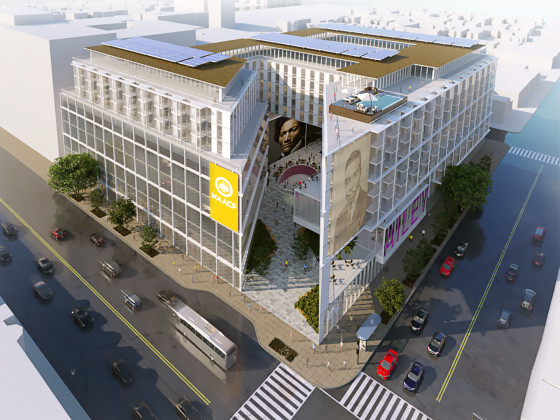
Only a few large developments are still in the works along 14th Street, a corridor th... read »
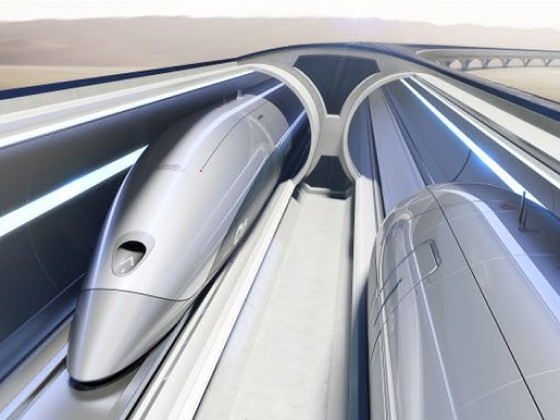
A soccer stadium in Baltimore; the 101 on smart home cameras; and the epic fail of th... read »
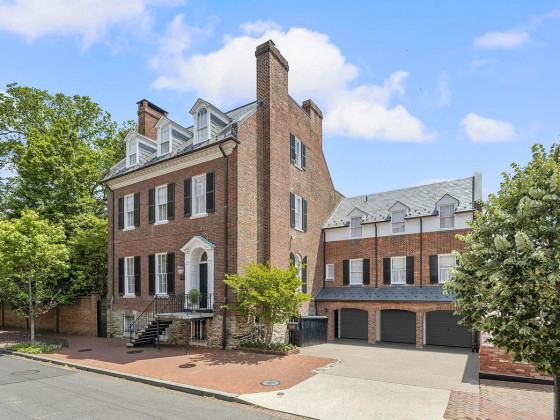
Approximately 6,320 homes sold in the city last year — and 26% of those listings we... read »
DC Real Estate Guides
Short guides to navigating the DC-area real estate market
We've collected all our helpful guides for buying, selling and renting in and around Washington, DC in one place. Start browsing below!
First-Timer Primers
Intro guides for first-time home buyers
Unique Spaces
Awesome and unusual real estate from across the DC Metro

